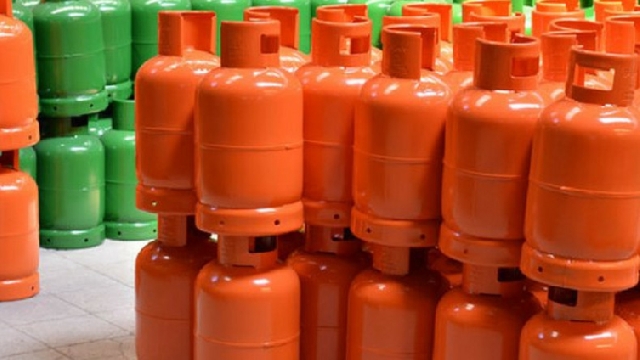The National Petroleum Authority (NPA) says the Cylinder Recirculation Model (CRM) will make Liquefied Petroleum Gas (LPG) accessible, affordable and safe.
The CRM programme, which became operational on September 1, allows bottling plants to fill gas and distribute it to consumers through exchange points.

Mr Obed Kraine Boachie, Head of Gas (in charge of Commercial Regulation) said CRM took away the huge cost of having to set up refilling stations in new areas.
He told the Ghana News Agency that it was capital intensive to set up a gas refilling station, adding that it would take not less than half a million Ghana cedis to put up a medium-size to large-size refilling station.
“So, the cost has become a barrier for marketing companies to site such facilities in new areas where LPG facilities are required,” he noted.
Under the CRM, cylinders are filled in bulk at a bottling plant and dispatched to the cylinder exchange points which are less costly to set up, he said.
“The consumers will come to the exchange point and access the cylinder when they run out. In that way, we can supply LPG in a less costly manner. Once we are able to have exchange points situated in the communities, we bring LPG much closer to the people.” Mr Boachie said.
He indicated that under the CRM, anyone who wanted to use LPG but did not have a cylinder could still access LPG.
“Currently if you want to use LPG as a new consumer, you have to purchase a new cylinder, stove, regulator and other accessories involved,” Mr Boachie noted.
He said under the CRM, the bottling company bore the price of the cylinder. The consumer is not expected to go further and pay for the cost of the cylinder.
“The consumer may however be required to pay a security deposit—which is a token to say that you will bring back the cylinder you have taken.” Mr Boachie emphasised.
He said the CRM was a much safer way of bringing LPG to consumers.
He noted that with the existing refilling stations, the consumers are exposed to certain risks as they stood there to fill their cylinders. “But under CRM, you go and just take the already filled cylinder at the exchange points and so you are not exposed to any of those risks at the refilling stations.”
He said the CRM also saved consumers time because with the refilling system, the consumer spent time carrying the cylinder somewhere to fill it, and probably wasted time in the queue to get it filled before coming back to his or her destination.
“All those issues of time wasting go away once you have an exchange point where you can go and pick up a filled cylinder.” Mr Boachie noted.

